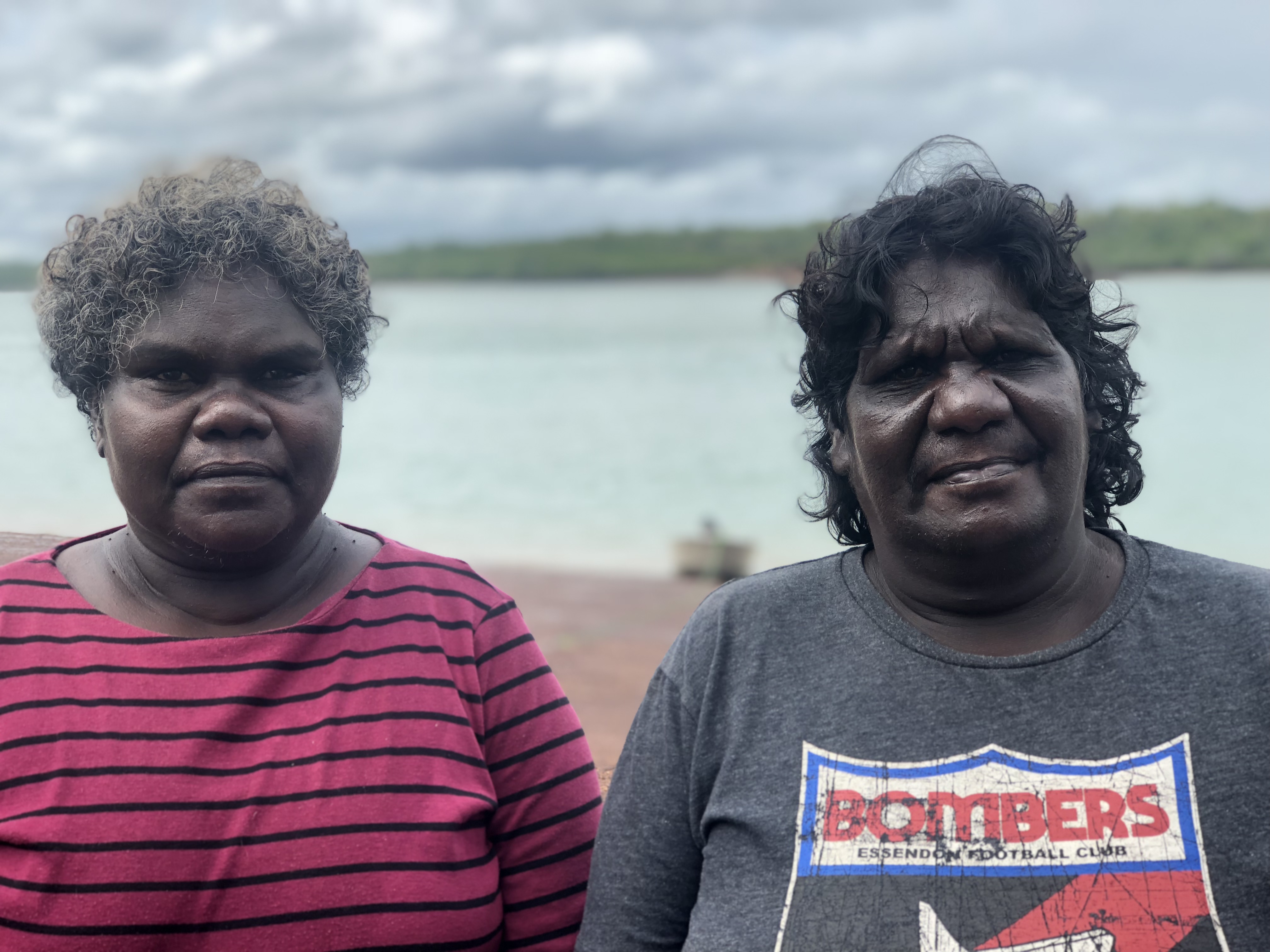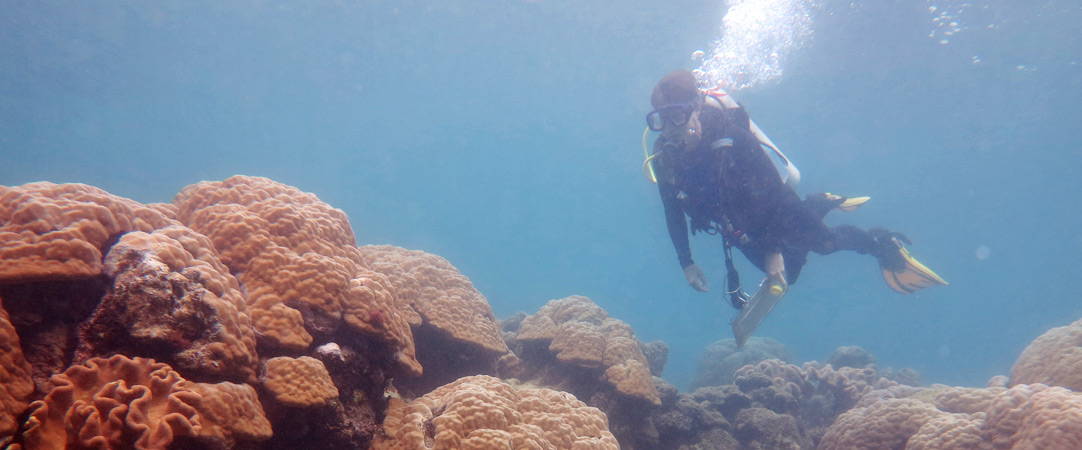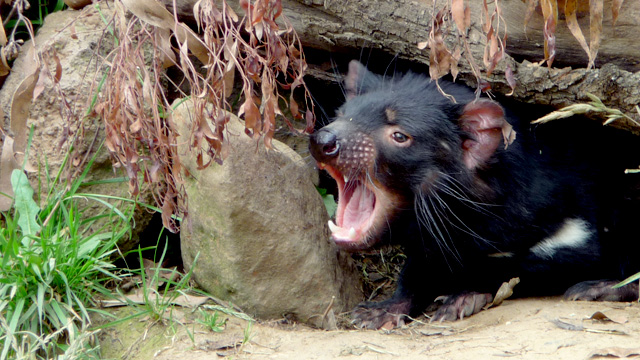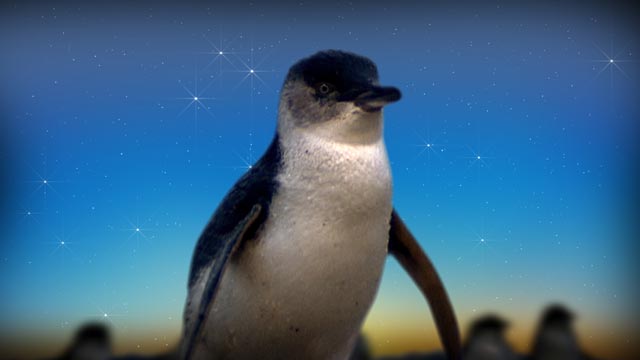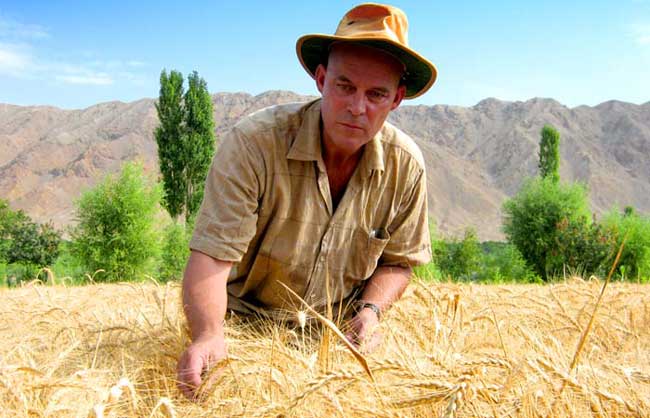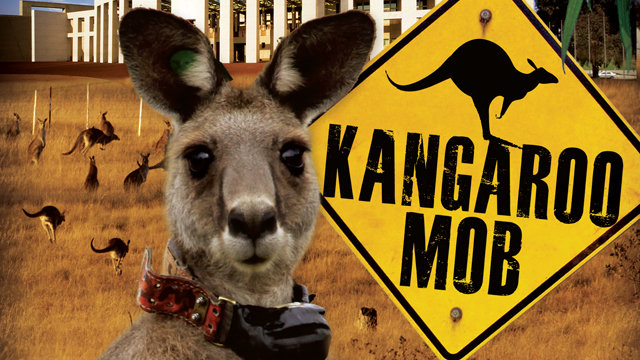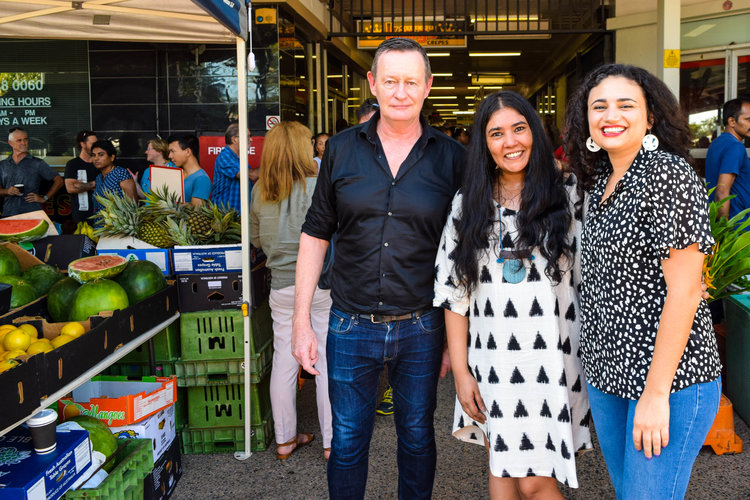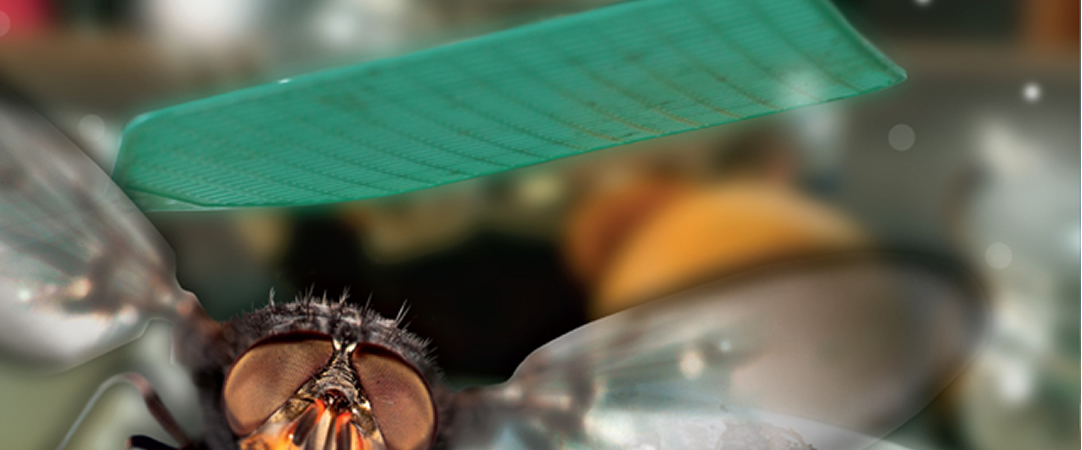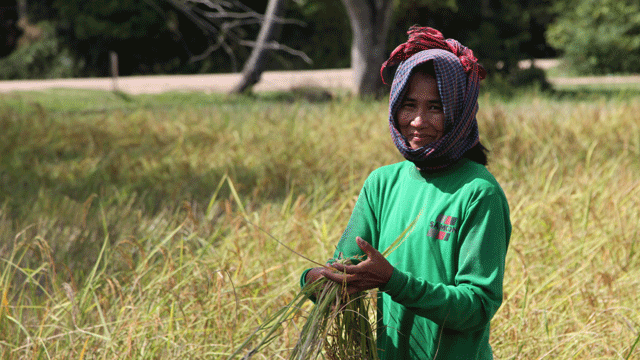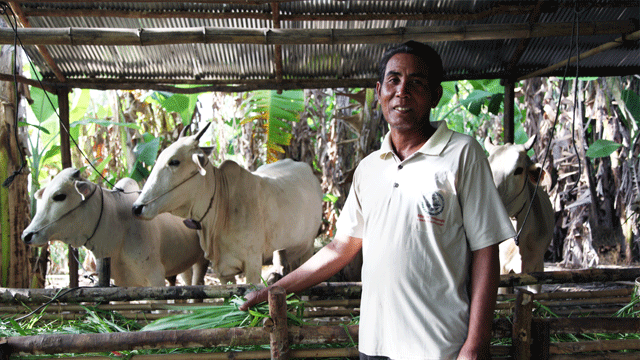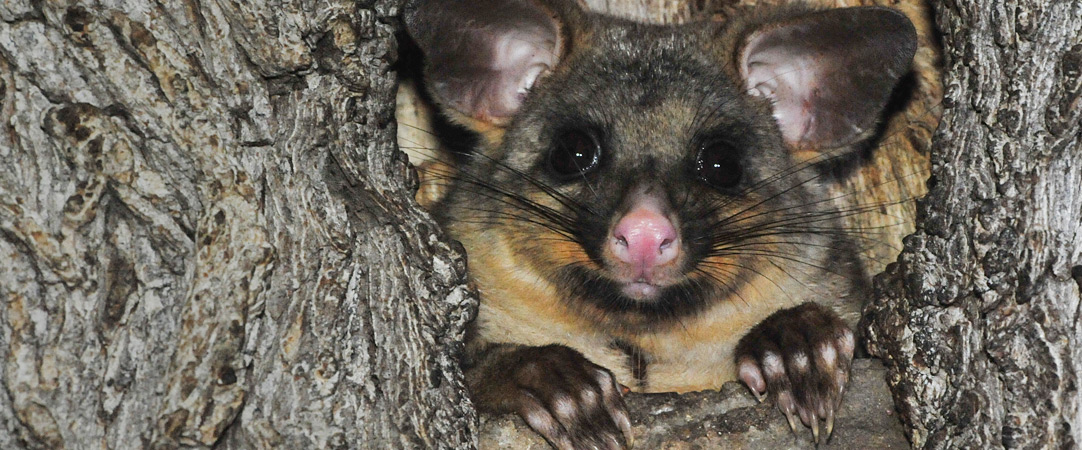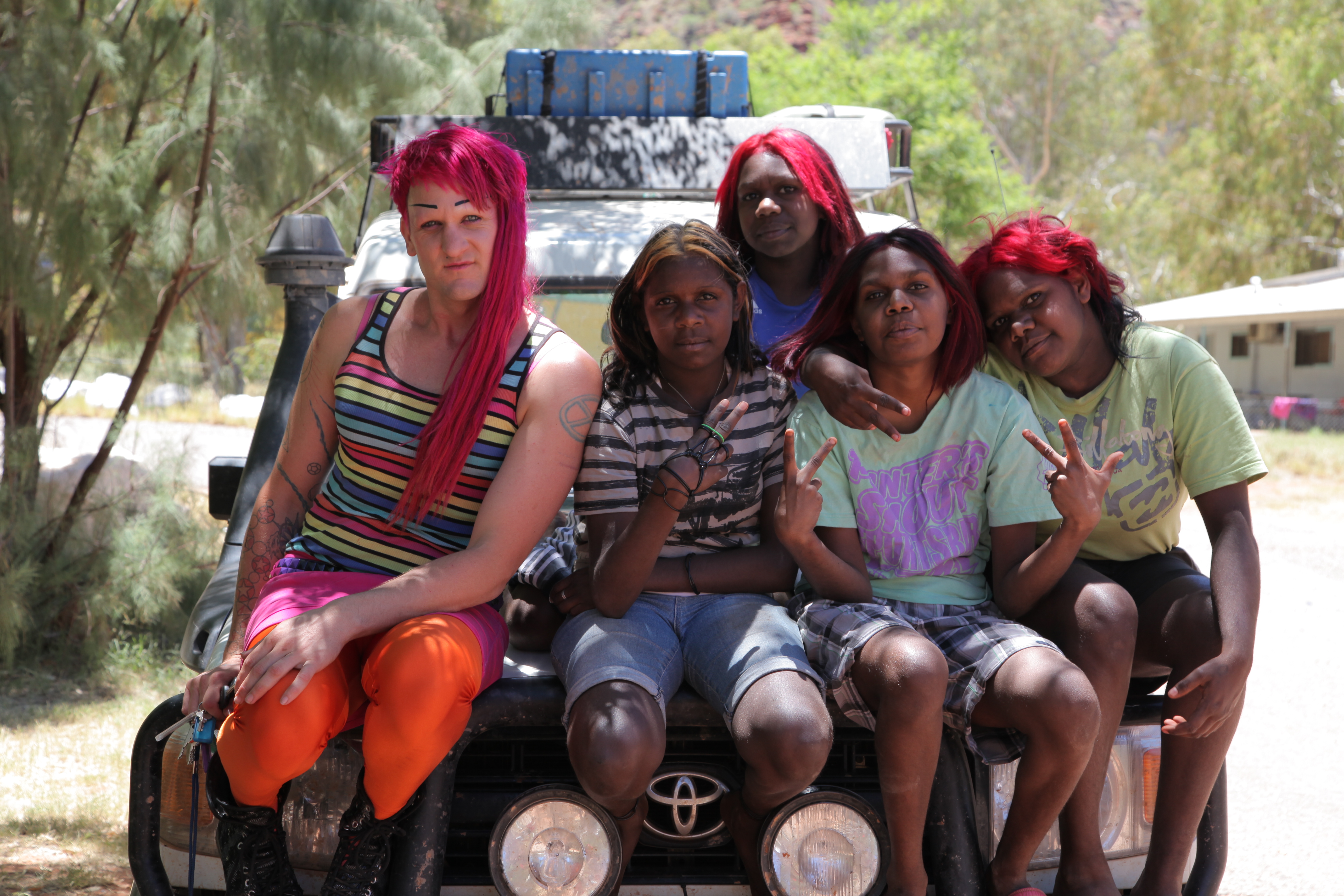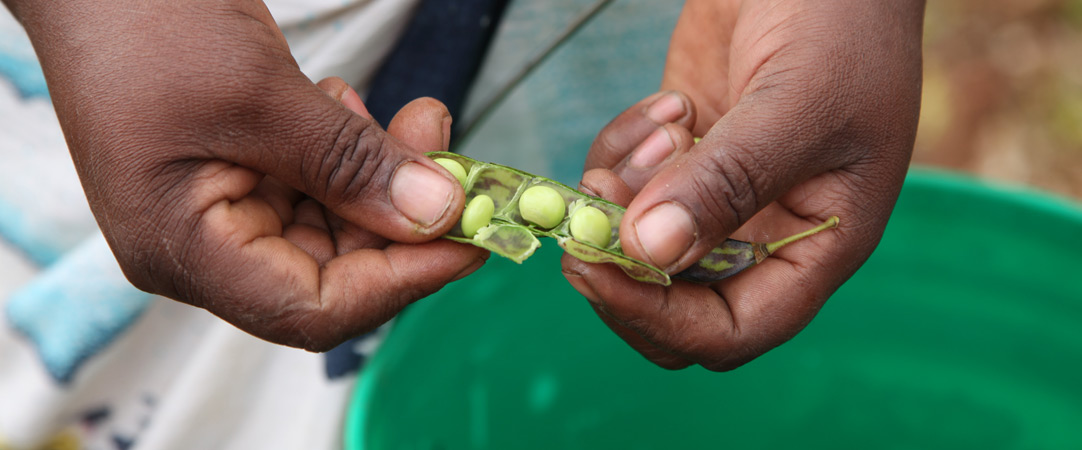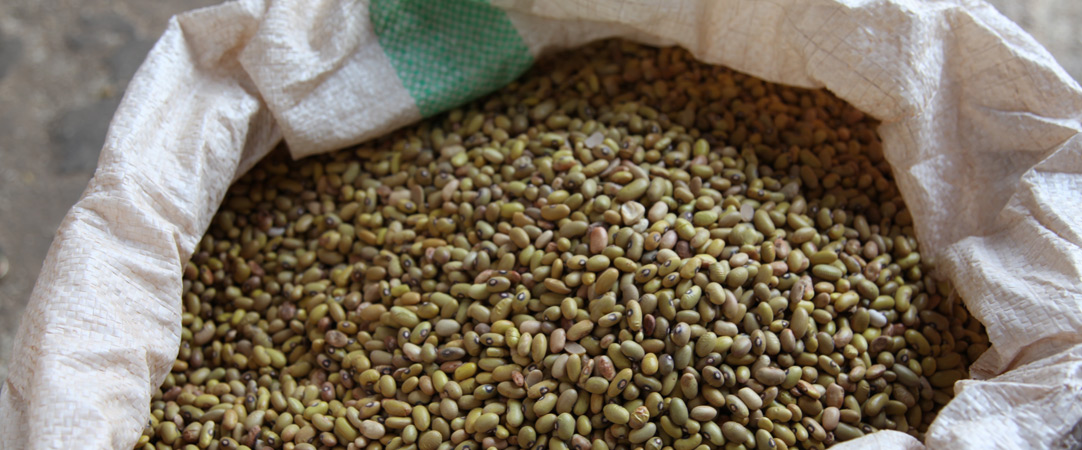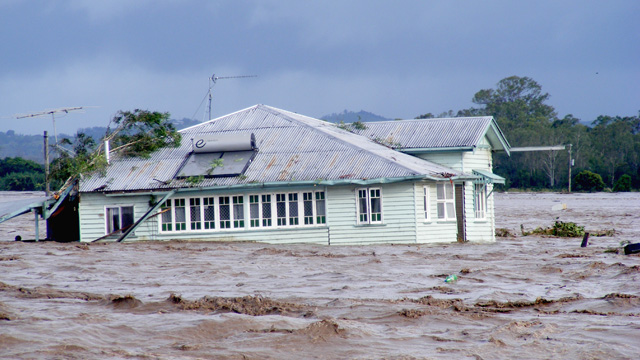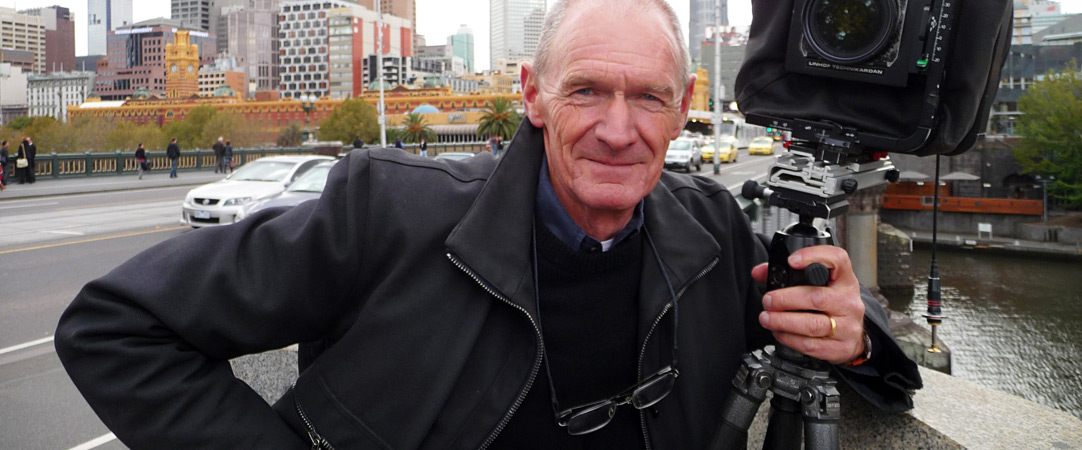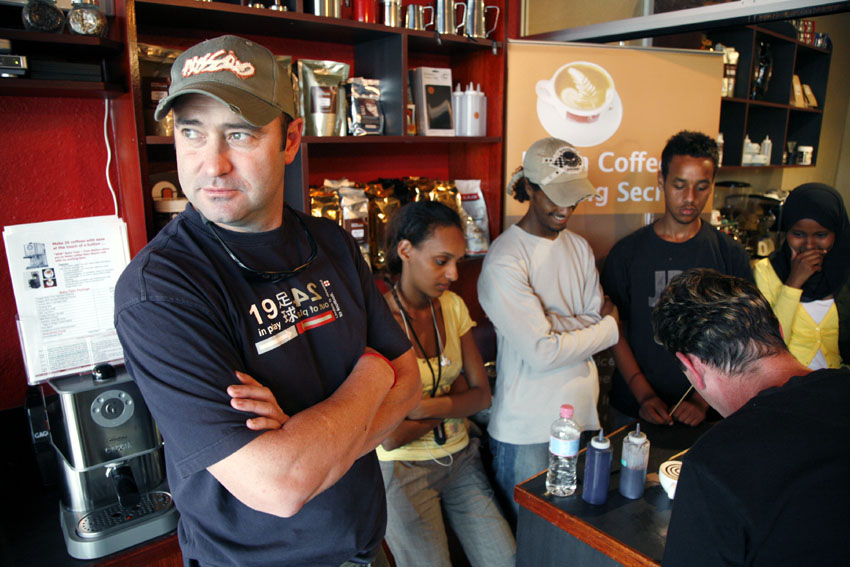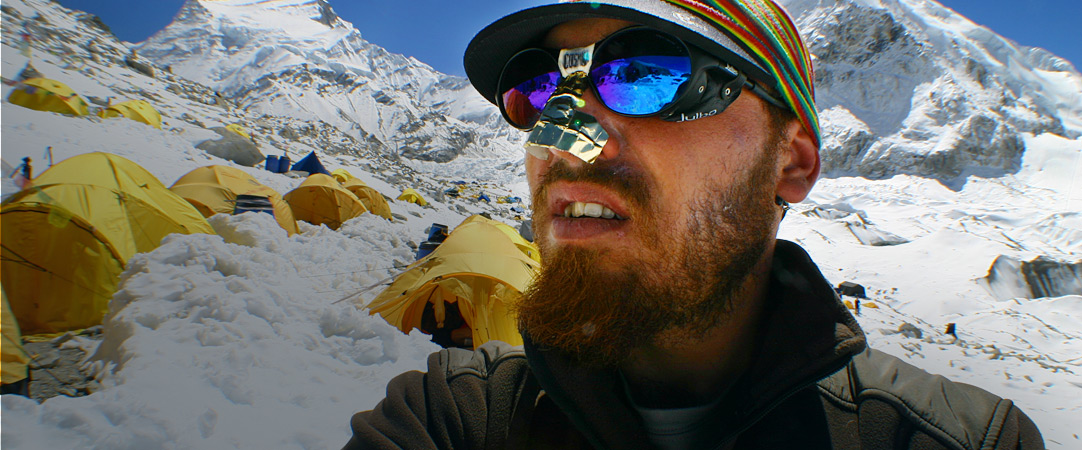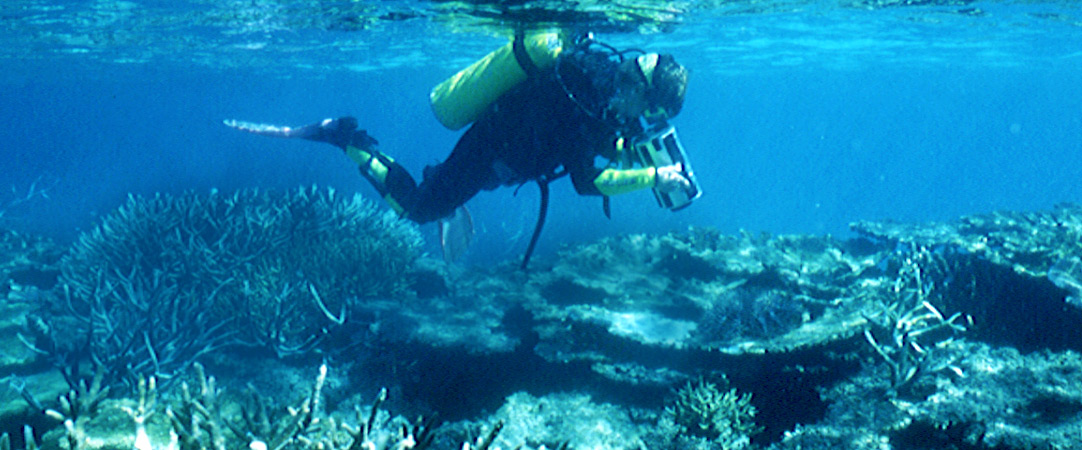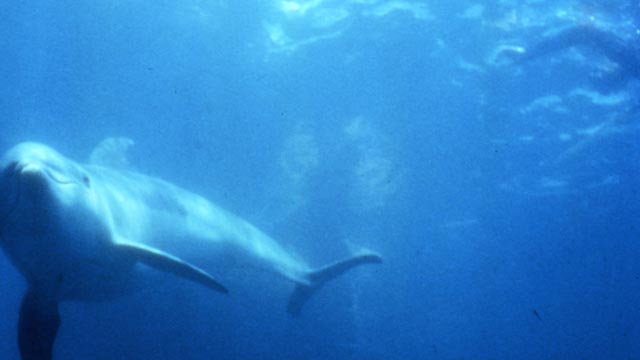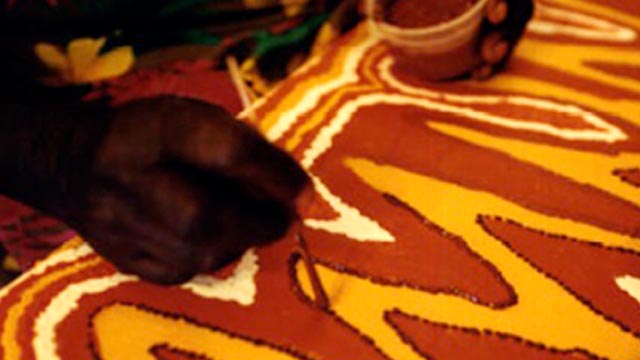ACID OCEAN
Scientists unlock the secrets of ocean acidification, one of the biggest environmental challenges facing our planet today.
From the icy polar seas to the world’s most pristine coral reefs, ACID OCEAN tracks the latest in marine scientific research. It meets an Australian scientist whose unique discovery opens a window to the future of our oceans.
Written, produced and directed by award-winning filmmaker Sally Ingleton, ACID OCEAN travels the world to explore the impact of ocean acidification.
As carbon emissions rise and the world’s oceans absorb an increasing amount of carbon dioxide, scientist fear thousands of species are in danger. The seawater chemistry is changing. And in increasingly acidic waters, marine animals can’t form the skeletons and shells vital for their survival.
At Oregon’s Whiskey Creek Shellfish Hatchery, oyster breeder Mark Wiegardt has seen the future firsthand. A batch of 100 million oyster larvae is dead within days; unable to make the shells they need to survive. The multi-million-dollar shellfish industry – and those who rely on it – teeters on the brink of disaster.
Among the volcanic islands of Milne Bay, Papua New Guinea, Australian coral ecologist Dr Katharina Fabricius and her team from the Australian Institute of Marine Science are working in an extraordinary natural laboratory – a stunning coral garden where tiny bubbles of pure CO2 erupt from cracks in the ocean floor.
Here, in remote tropical waters, they hope to test their predictions in the natural world.
Katharina’s team conducts a raft of experiments, studying the impact of acidity on coral diversity, young corals and the resilience of species, such as clown fish, with fascinating results.
And it’s not just coral reef systems facing danger. Polar expert Dr Donna Roberts, from the Antarctic Climate and Ecosystems Co-operative Research Centre in Tasmania, is studying how ocean acidification will affect tiny pteropods, or sea butterflies, a crucial food source for many fish. Her research underlines what’s at stake.
The news is not all bad. In the US, Dr Gretchen Hofmann has found some marine creatures are using genetic tools to adapt to higher acidity.
With the clock ticking, the teams of marine scientists face the test of their careers. Can they uncover the secrets of the acid ocean and will these incredible marine creatures adapt and evolve to survive potential disaster?
SKU: N/A Category: DVD





